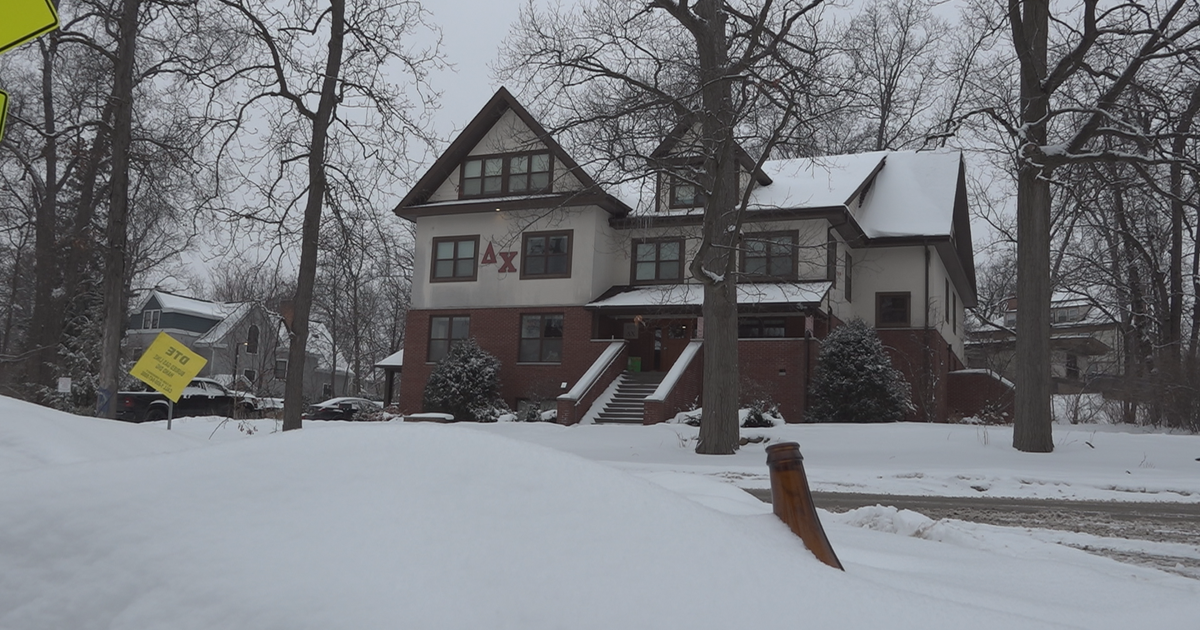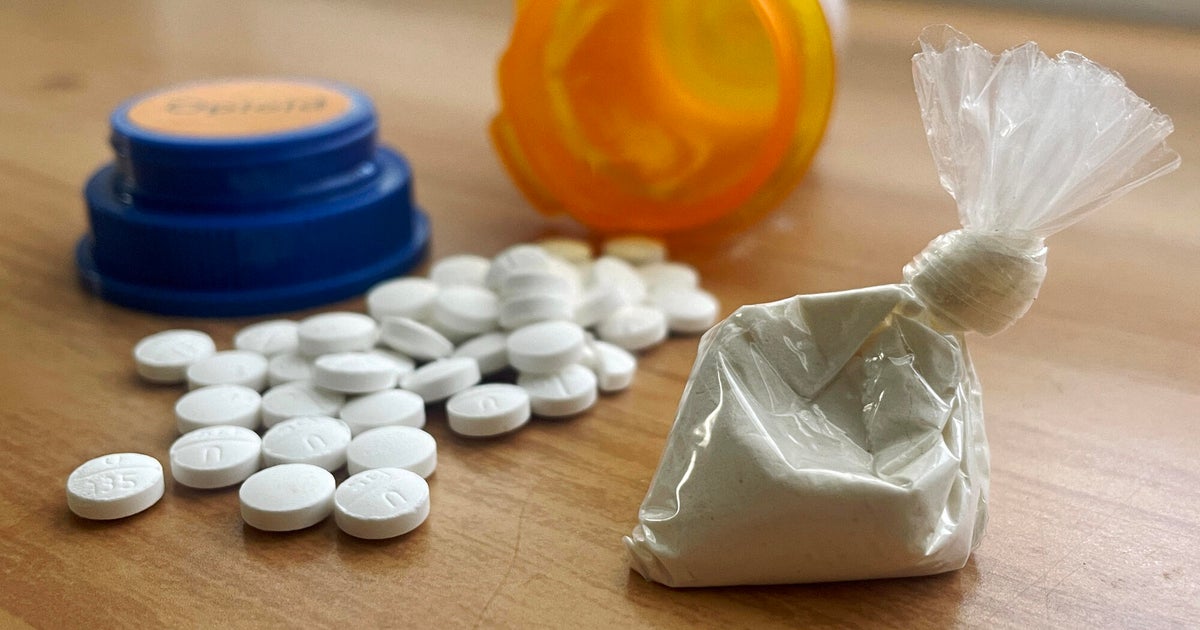Good Question: How Does Alcohol Poisoning Work?
MINNEAPOLIS (WCCO) -- It was the alcohol after all. Amy Winehouse died in London of what some call alcohol poisoning. A coroner found her blood alcohol level was at 0.40. But how does alcohol poison your body?
"We tend not to word the term alcohol poisoning," said Doug Brunette, MD, the assistant chief of emergency medicine at Hennepin County Medical Center. "If you overdose on Tylenol it can destroy your liver and cause your death. I don't use the term 'Tylenol poisoning.'"
According to Brunette, alcohol doesn't act like a typical poison, rather it "Directly affects the respiratory center of the brain so you stop breathing," he said.
Alcohol is a depressant. It goes into your stomach and is absorbed into the blood and the nervous system. As you drink, your blood alcohol level grows.
"And when it gets really high and you pass out, become unconscious, enter a coma, at dangerously high level of alcohol," said Brunette.
Some people pass out, then their respiratory brain center shuts down and then they die. Others pass out, vomit while they're unconscious and choke on their vomit.
Brunette said he sees people who have overdosed on alcohol every day at HCMC in Minneapolis, and when someone overdoses, there's really no way to reverse it and bring them back.
"There is no antidote to alcohol overdose," said Brunette.
So how much is too much?
"Maybe it's 0.3, maybe it's 0.4, maybe it's 0.5. It's going to be different from patient to patient," he said.
Alcoholics can develop "functional tolerance" - they somehow reprogram their brain to work even though alcohol is trying to shut it down.
"I've had people at 0.4, 0.5 talking to me," said Brunette.
But that is not a protection against overdose.
"Is this more about the speed of drinking or the volume of alcohol?" asked WCCO-TV Reporter Jason DeRusha.
"Both," said Brunette.







